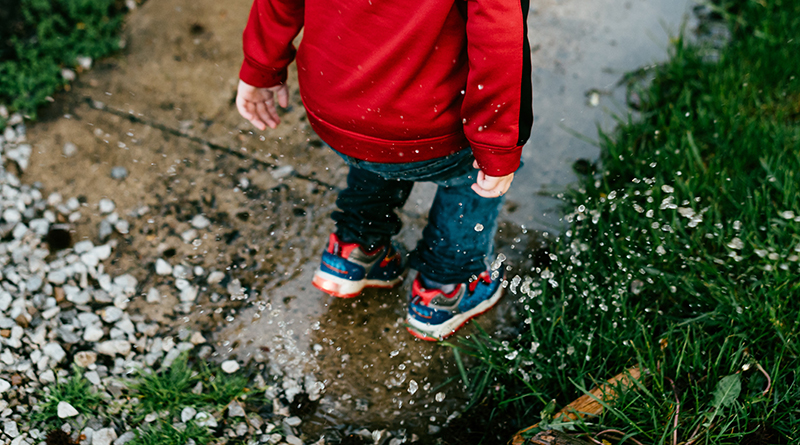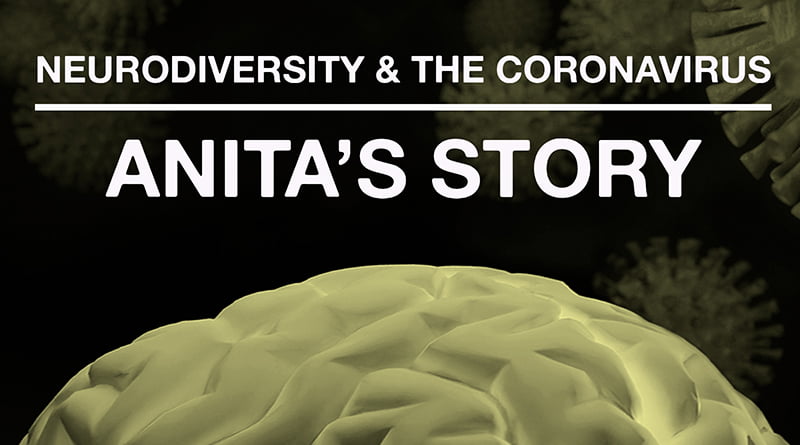
Three Benefits of Teaching Authenticity to Children with Autism
By Toni Boucher
My mother did what good mothers did in the 70’s. She signed me up for Girl Scouts. If Girl Scouts had consisted exclusively of wearing a uniform and eating thin mints I would have been delighted, but those sashes and vests came with a price, spending time with other girls. To this day I clearly remember standing in an unfamiliar room with absolutely no idea what to do, pretending to be like the other girls and vowing to never return.
As an autism consultant who has worked with other people on the spectrum for over 27 years, I know that my story is not unique. I also know that conventional autism interventions that teach children how to fit in (sometimes referred to as compliance) can come at a price, often at the expense of mental and physical exhaustion, increased anxiety, poor personal boundaries and social isolation.
There is an alternative to emphasizing compliance. Instead, teach children authenticity first. Authenticity (the ability to be true to one’s self regardless of what other people think) is one of the most beneficial skills any parent, therapist or instructor can teach a child. And if you are autistic, authenticity is one of the most important gifts you can give yourself.
Here’s why teaching authenticity is a good idea.
#1- Authenticity Results in Less Burnout and Fewer Meltdowns
“Faking it” as I did for Girl Scouts is hard work. In my case, I got through the meeting but spent three days in bed recovering. I’ve talked with hundreds of autistic adults who report that pretending to fit in causes extreme exhaustion. The more time a person spends holding it together the greater the likelihood of eventual burnout or meltdown. This is commonly seen in children who behave well at school but shut down or act out when they get home.
The solution? Give autistic people permission to be autistic. If eye contact is painful, don’t force it. If rocking or hand flapping alleviates anxiety, don’t discourage it. Autistic children should be taught how to listen to their own bodies first and foremost. They should spend more time learning to recognize and manage their sensory challenges, anxiety and emotions.
#2- Authenticity Creates Healthy Boundaries and Prevents Exploitation
When a person is able to listen to their body and respond to it’s physical and emotional needs, healthy boundaries can be established. Autistic adults often report being in abusive or exploitive relationships and not knowing how to exit these harmful situations.
The solution? Give autistic children plenty of opportunities to state their preferences and allow them to practice following their intuition when making decisions that affect them. Encourage autistic children to assertively say “no” and honor their request. Children who are taught to prioritize their own well-being and personal limits over societal expectations grow into adults who are less likely to allow people to cross financial, emotional, sexual or physical boundaries.
#3 Authenticity Allows for a Healthy Connection with You
Though we may not always know how to show it, autistic people want to have meaningful social connections too. Healthy social connections occur when we are willing to share who we really are and fully accept each other. These connections are therefore contingent on both people knowing themselves. I have worked with many autistic adults who confess they really have no idea who they are because they have never had the opportunity to discover themselves. These adults express feeling intense loneliness and isolation as a result.
The solution? First, allow autistic children more opportunities to explore the world in the manner they choose. Let them line up cars, watch the wheels spin or jump in puddles. They are figuring out the world and how they fit into it when they do these things. Second, take this exploration one step further and participate in these activities with them. Creating the social connection is not about expecting an autistic person to stop being autistic. Creating connections is about mutual sharing and unconditional acceptance. So the next time you see an autistic child jumping in puddles, go get your feet wet and jump right in with them!

(photo credit: Jordan Whitt / Unsplash)
Toni Boucher has had the same mission (and obsession) for 27 years. To help autistic individuals live safe, healthy, happy and productive lives. She is a consultant, speaker, author and mentor. Her book “Autism Translated: 5 Keys to Help You Understand & Connect with Teens and Adults on the Spectrum” came out this year. You can connect with her at toniboucher.net or learn more about autism at hubpages.com/@tdalexander




